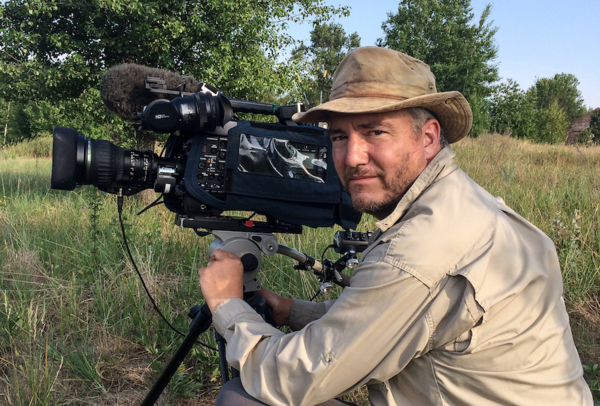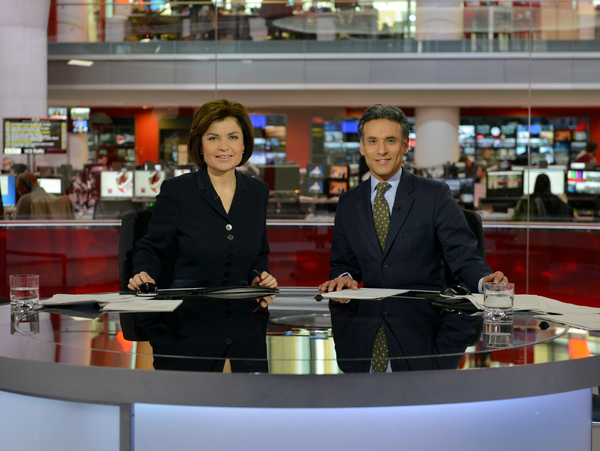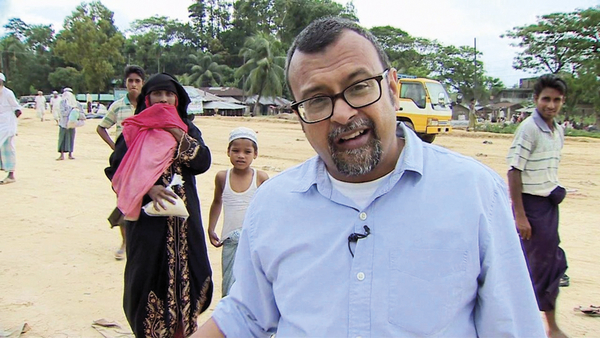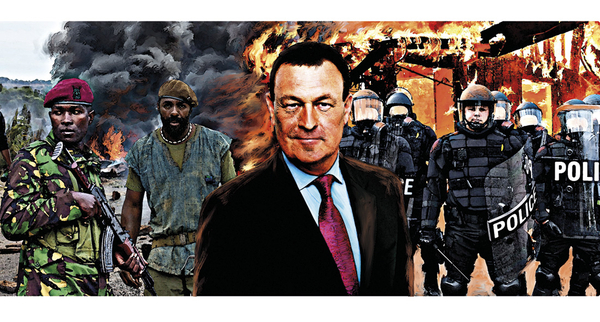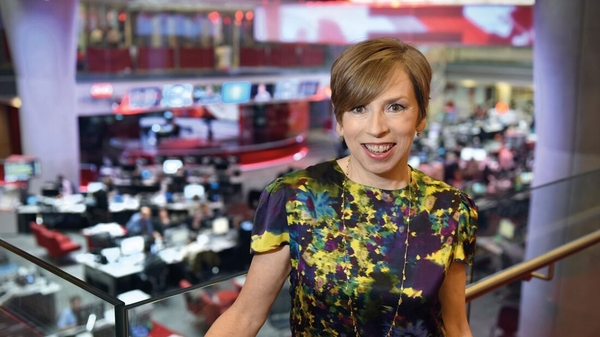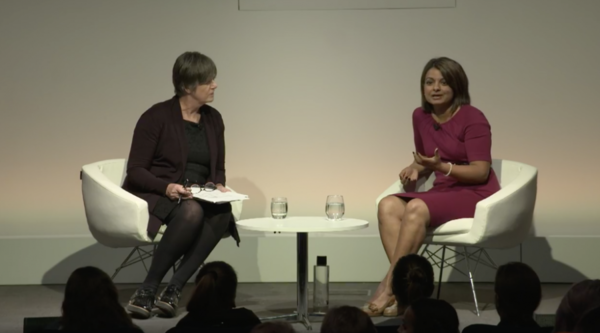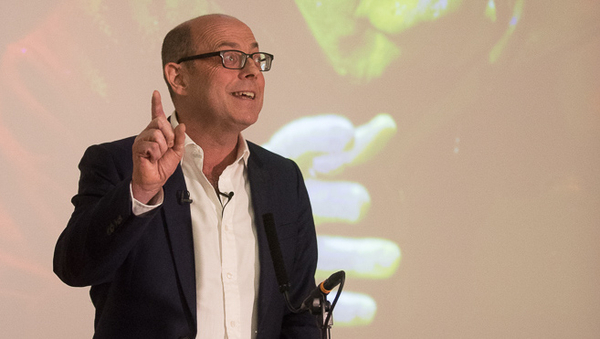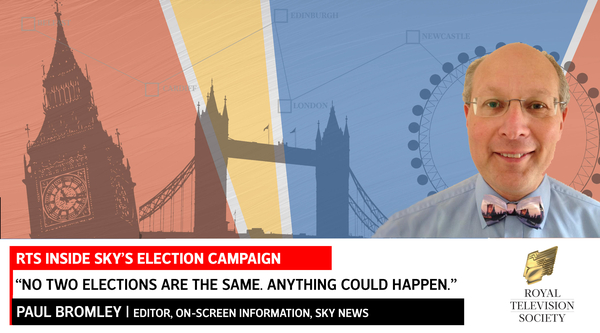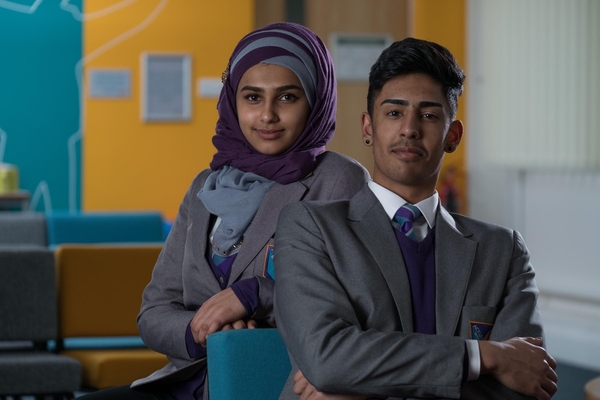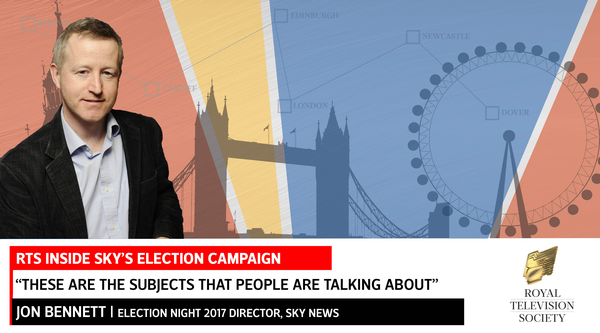How to become a news camera operator
Channel 4 News cameraman Dai Baker has travelled around the world, including a ten-year stint at the broadcaster’s Washington bureau.
He’s now based in Wales where, alongside a reporter and producer, he films and edits news packages from Wales and the West Country - although he’s always on standby to go further afield, covering the inauguration of Donald Trump in the USA and the political protests in Barcelona (see video below).

